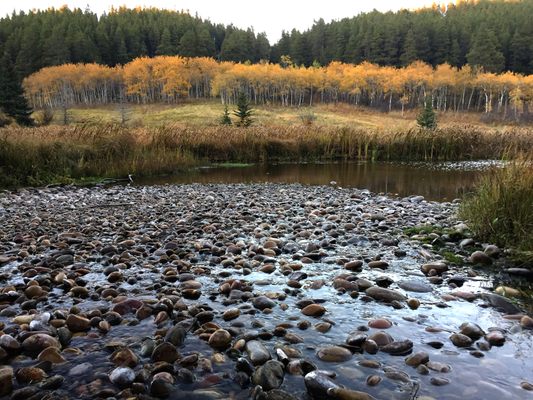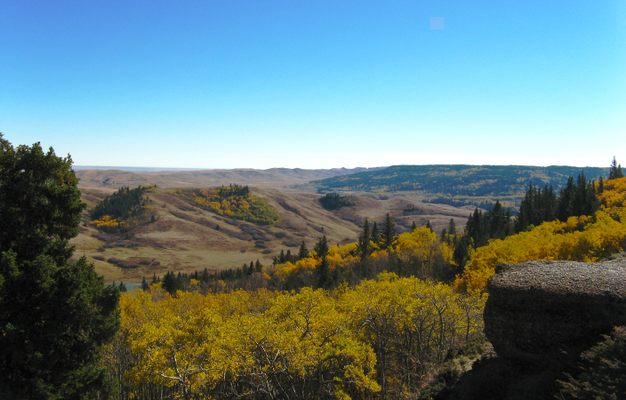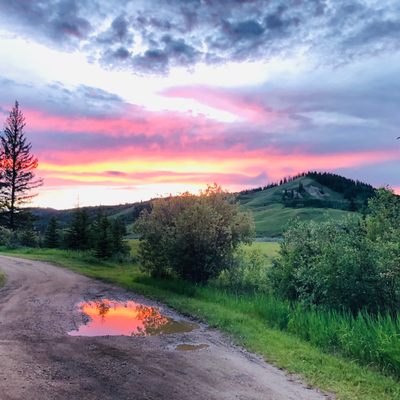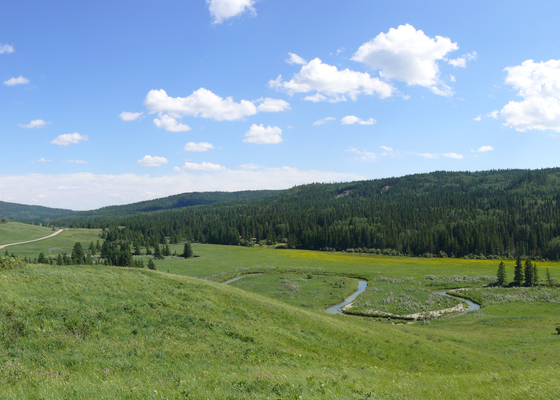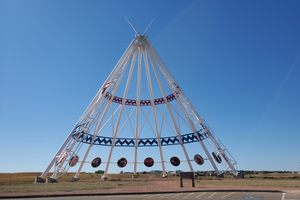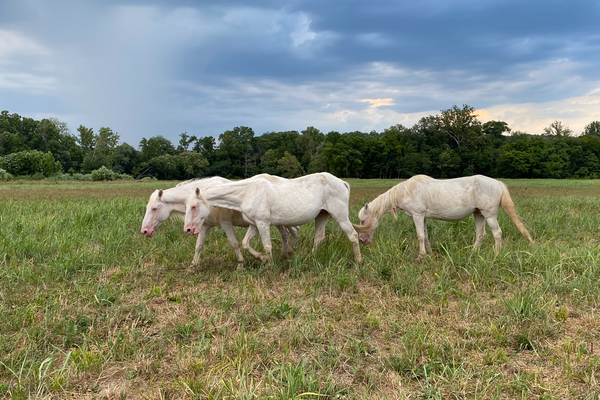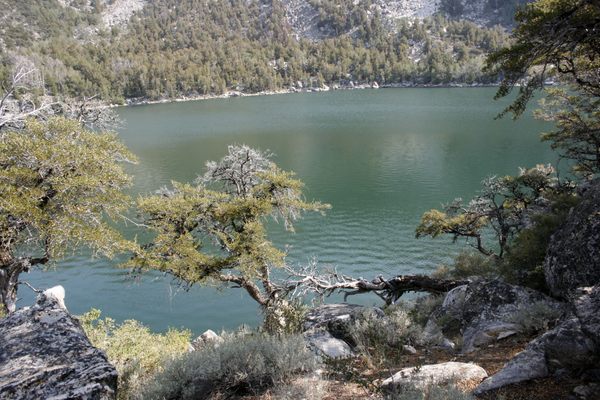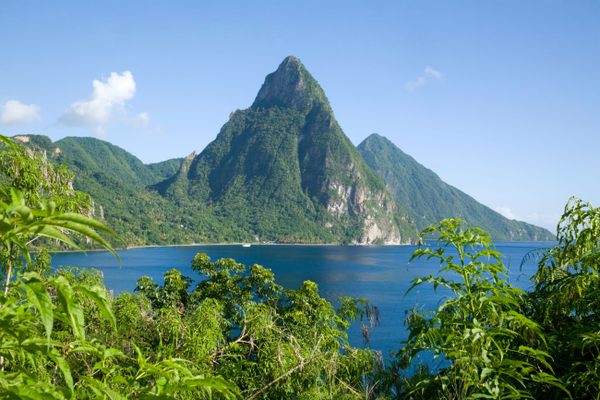About
Around 10,000 years ago the world was in the grips of an Ice Age, the Wisconsinan Glaciation. Most of Canada and the border regions of the northern United States were covered by a giant sheet of ice. But because of the way the mountain slopes directed the flow of ice, some areas were never covered by glacier floes. These were islands of land surrounded by deserts of ice, scientists have dubbed these oases "nunataks," from Inuit term nunataq.
One of the best examples of a nunatak is the Cypress Hills region in southeastern Alberta and southwestern Saskatchewan. One of the hills has the honor of being the highest point in Saskatchewan, 1,392 meters (4,567 feet). Covering about 2,500 square kilometers (965 square miles), the Cypress Hills were never fully covered during the Wisconsinan Glaciation, so the soil and vegetation weren't scraped away by lumbering skyscraper-tall rivers of ice. Now the region’s many springs make it a different kind of oasis. Its many mountain springs make it wet and humid while the surrounding ocean of prairie grass is made of semi-arid plains.
This region is a revered place for many First Nation and Native American peoples. For at least 7,000 years, the hills have carried great spiritual importance and were used as shelter during the winter months. The hills and forests served as protection from the winter storms that ravaged the prairies.
As settlers worked their way west, Cypress Hills became infamous when a posse of American "wolfers" (professional wolf hunters) invaded Canada and slaughtered a camp of Assiniboine people. The Americans had lost their horses and were trying to find them when they came across a group of Assiniboine people and their leader, Little Soldier. On June 1, 1873, the drunken wolfers confronted the Assiniboines, accusing them of stealing their horses. While they attempted to negotiate, members of both parties were intoxicated and the situation escalated.
The wolfers opened fire, wiping out the entire Assiniboine camp in what came to be known as the Cypress Hills Massacre. The event exposed how little control Canada had in its wild west and formed the North-West Mounted Police the forerunners of the iconic Canadian Mounties. The area where the massacre occurred was designated a National Historic Site of Canada in 1964.
The Cypress Hills region became an Interprovincial Park when the two provinces merged their adjacent parks creating the Cypress Hills Provincial Park.
Related Tags
Know Before You Go
From Maple Creek, take Saskatchewan Highway 271.
Community Contributors
Added By
Published
June 18, 2021
Sources
- https://www.thecanadianencyclopedia.ca/en/article/cypress-hills
- https://www.historicplaces.ca/en/rep-reg/place-lieu.aspx?id=9307&pid=0
- https://www.albertaparks.ca/parks/south/cypress-hills-pp/information-facilities/nature-history/natural-environment/
- https://www.saskatchewan.ca/government/directory?ou=3768a54d-42a4-44ed-b234-bf7789c6ad0a
